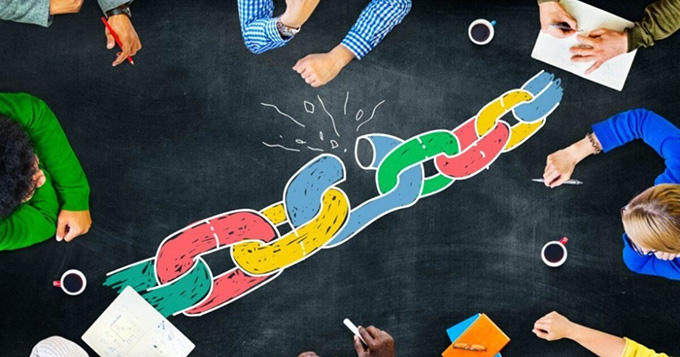
Change is something always present in our lives; perhaps, now more than ever before in history. In previous generations, a job or a relationship could last a lifetime. Today it is much less common. In the professional field , moreover, it is estimated that two out of three adolescents go to work in professions that do not yet exist.
Given this context in which change seems the only thing that is not altered, what should we offer in education? Educational systems are by nature reactive: it is very complex to anticipate changes.
The traditional system has been based on the transmission of knowledge. But today, knowledge is accessible and universal. Google can answer any question in seconds; YouTube , teach us through a tutorial, and Amazon , send us any product we need in a matter of hours. All the information, means and tools are just a click away. Even artificial intelligence already often answers us in an accurate way.
Education has lost the exclusivity of access to knowledge. Asking a web page is easier, confidential and faster than asking a teacher. Another thing is having the ability to distinguish real information from hoaxes, fake news or digital scams. Elements that also grow exponentially.
Guide and give tools
The first key to the future of education, therefore, is that we are able to provide students with the necessary tools so that they are capable of developing their own abilities.
To be guide teachers there are two fundamental elements: metacognition and adaptation to change. Being aware of our strengths and weaknesses and improving the skills of adapting to change can make a difference .
Metacognition is our ability to understand how we learn. Knowing our aptitudes and limitations when learning allows us to understand how we learn, learn to learn more effectively. This is a critical element for the future, as it allows us to know how far we can go. Knowing our cards well is vital to be able to play a good game.
Self-determination and quality of life
Aligned with metacognition, the concepts of self-determination and quality of life appear. Self-determination refers to the motivation we have to do the tasks of our life. Self-determination, our ability to do, is anchored in competence, relationship and autonomy .
Knowing our skills, interacting socially and having the freedom to be autonomous increases our ability to act successfully. The quality of life is nothing more than the search for happiness, for that vital task or objective that makes us feel useful and satisfied with our lives. The one known as Ikigai in Japanese culture.
Metacognition and self-determination are key. They allow us to know what we are capable of doing and what are the motivations that move us to be able to do. But these two important variables are not enough. In addition to knowing and wanting, we have to have the ability to change.
Ability to change
Here comes another of the great needs of the future of education. The ability to change. Adapting to change, in a fast-paced society like today’s, is one of the main virtues that we can incorporate into our repertoire.
Everyone knows the concept of comfort zone. That place where we are comfortable, we work effortlessly, we fear no fear. Leaving that area generates uncertainty, uncovers our weaknesses. We are not used to showing our clumsiness. Only children are used to making mistakes; as soon as we mature, we believe that doing something else is synonymous with failure and then we stop making mistakes. Therefore we stop promoting change, we stop learning.
Before mastering any area of our lives, we fail thousands of times. Therefore, we could say that experience is nothing more than the accumulation of multiple errors. This is probably the first principle of adapting to change. Get used to failing again, to making mistakes. Expand the comfort zone and be aware, especially, of our weaknesses. We know our virtues perfectly.
Without fear of mistake
A person who is not afraid of being wrong adapts much better to change. He is wrong faster, he is wrong more times, but he learns at a much faster rate. Since without error there is no progress. Research has always been based on trial and error, with errors far more frequent than success.
All this represents a very important challenge in education. We must move from transmitting knowledge to guiding in an ocean of information. It is more important to get the person to know himself and learn to learn, than to teach something. And lastly, rather than systematically teaching to be right, it is more relevant to teach that error is something necessary, the first step to bring about change. Try and make mistakes as many times as necessary to end up getting it right.
Author Bio: Ivan Fernandez Suarez is Professor in the master’s degree in Occupational Risk Prevention. TR3S-i research group, Liquid Work and Emerging Risks in the Information Society at UNIR – International University of La Rioja
